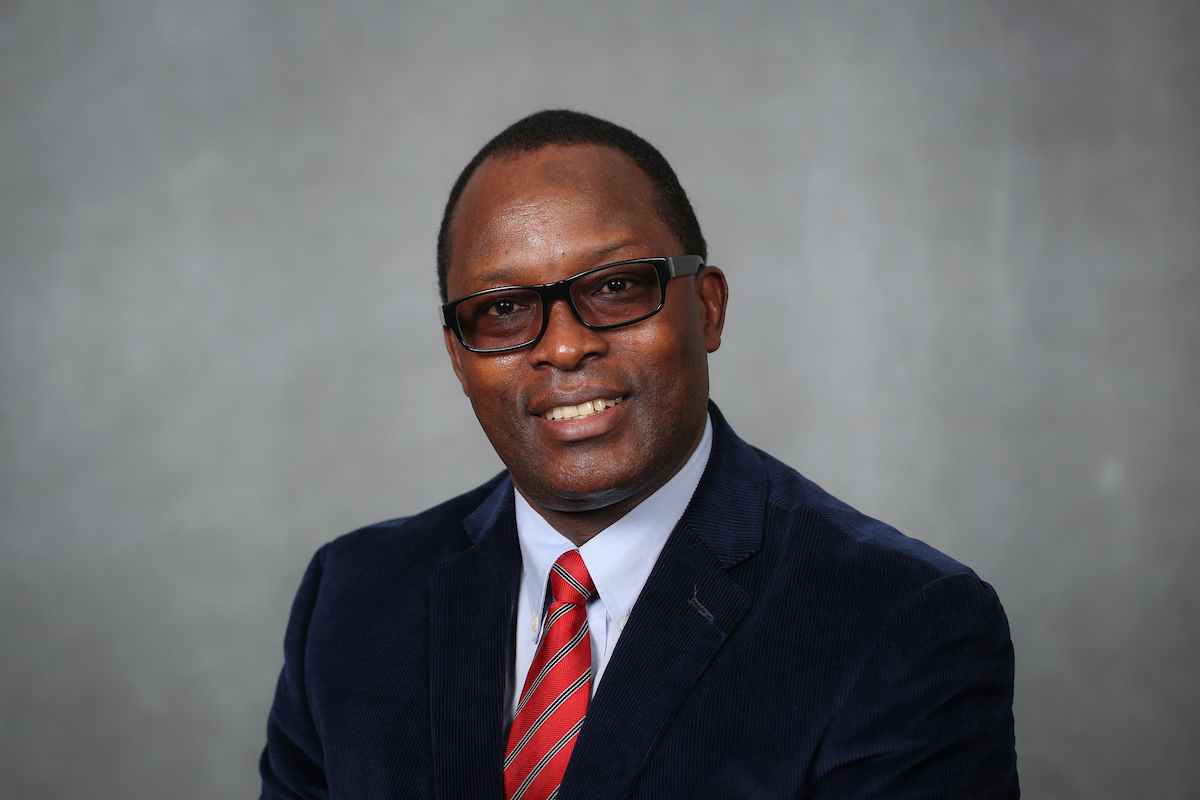Refugees are compelled to flee their country of birth. They are usually running from life-threatening situations like civil war.
Springfield Public School District serves around 1,030 English Language Learners (ELL). These students come from 16 different countries and speak more than 14 languages. A good number of them are refugees.
Dr. Kennedy Ongaga, assistant professor of counseling, leadership and special education, is working to improve refugees’ experiences transitioning to U.S.-life.
Giving English Language Learners a voice
Ongaga works with different agencies that support ELLs and refugees in the Springfield area. He assists in the development of programs and initiatives to help make Springfield home away from home. Ongaga works specifically with refugees from Congo.
He has helped to hold traditional Congolese feasts, establish an afterschool program for girls learning English, facilitate a non-clinical intervention men’s group, distribute bread to community members and establish a welfare program for the community.
Ongaga’s goal for these initiatives “is to provide them with information and strategies to navigate the American life and have a chance to meet one another and de-stress.”
His next goal? To improve the way educators and instructors communicate and work with ELLs and refugee parents.

A day in the life
Refugees and English language learners face unique challenges.
“The expectations they came with to the U.S. and the reality are two different worlds,” Ongaga said.
Communication is a common challenge for all refugees.
“With limited English proficiency, almost all of them are worried about how they will pass the citizenship exam provided in English,” Ongaga said.
School-aged children are unfamiliar and scared of school because of these language barriers. The parents of these students have difficulty navigating the school system while maintaining their work lives. This can also prevent parents from being involved in their children’s education.
Marital challenges, lack of role models for children, adapting to technology outside of the classroom, and generally navigating day-to-day interactions make refugee families’ lives more complex.
Lending a helping hand
“I can relate with some of their experiences upon arrival in the U.S.,” Ongaga said. “I wished I had somebody who could tell me where to buy familiar foods, take the bus, advocate for my children in school, and most importantly, find ways that could validate me.”
Ongaga’s determined to turn those experiences into positive action for Springfield’s refugee population.
They are full of traumatic stories that typify the resilience of the human spirit. And if there is anything all of us can do to validate them and effectively listen without judgement, it will bring them closer to integrating with the Springfield community.
Ongaga encourages the Missouri State community to adopt a “what it takes” attitude to help the refugees in Springfield.
“We need to put a spotlight on them, find out challenges refugee students experience, and help schools design programs and initiatives that will enrich their educational experiences,” Ongaga said. “This is home for them, away from home. They are here, and they are not going anywhere.”

